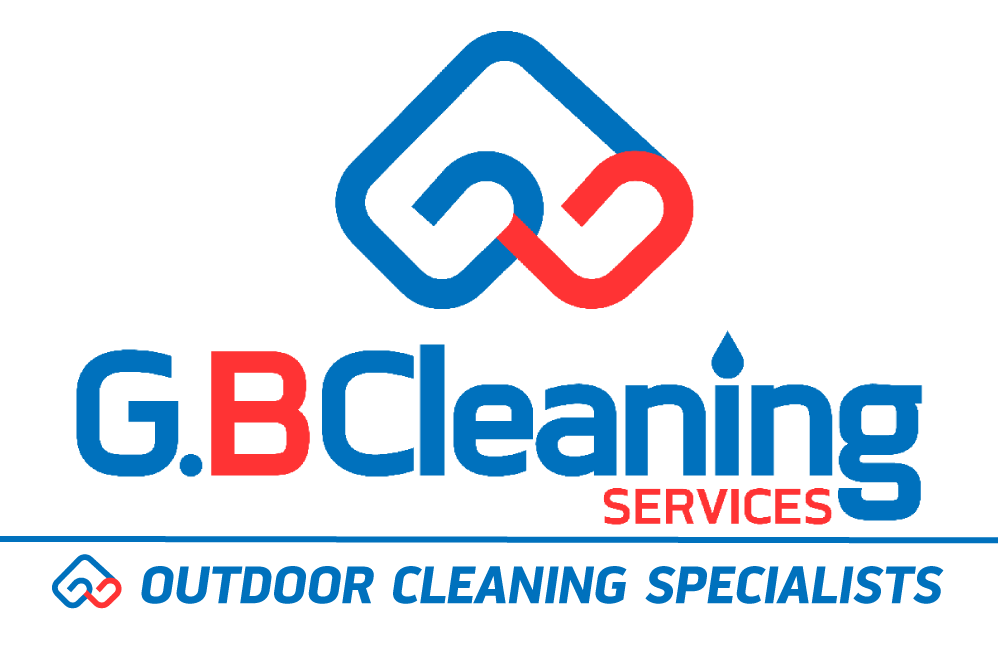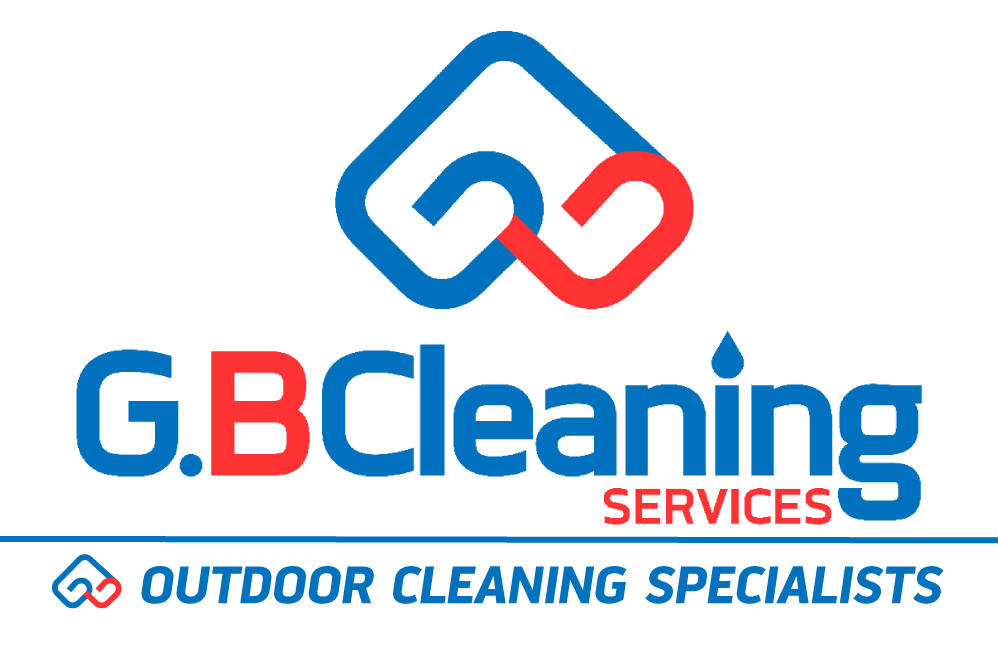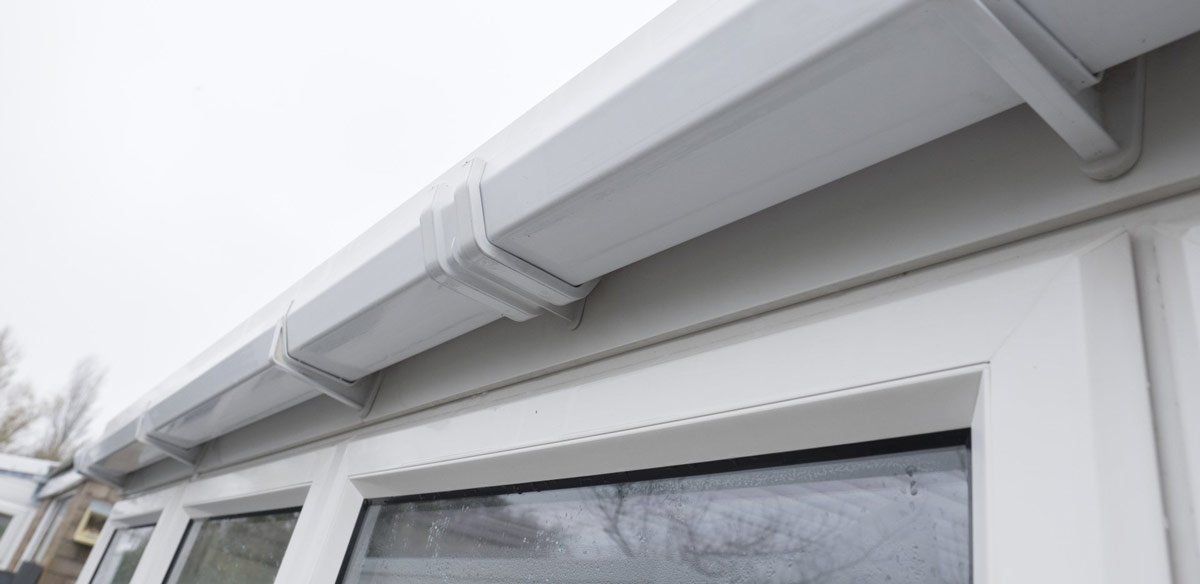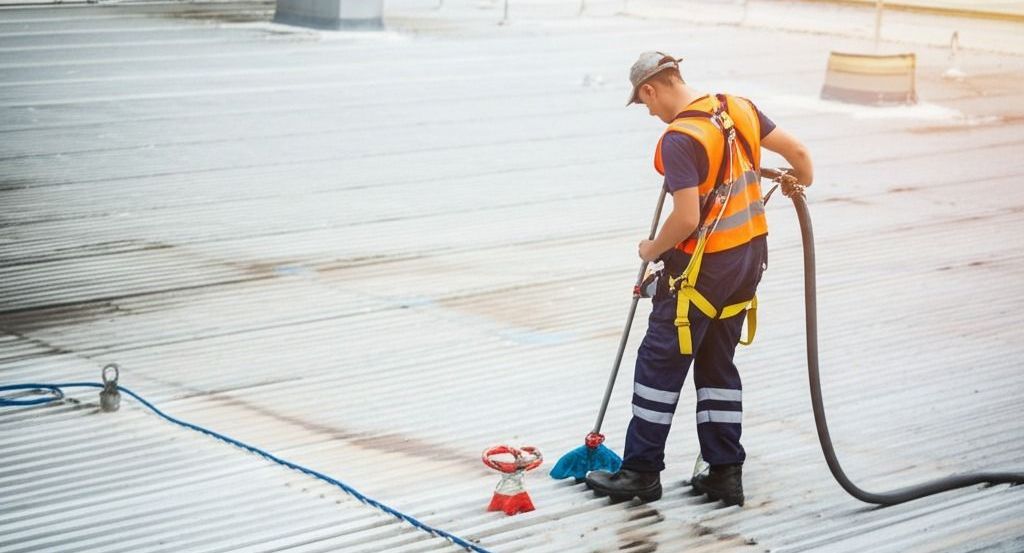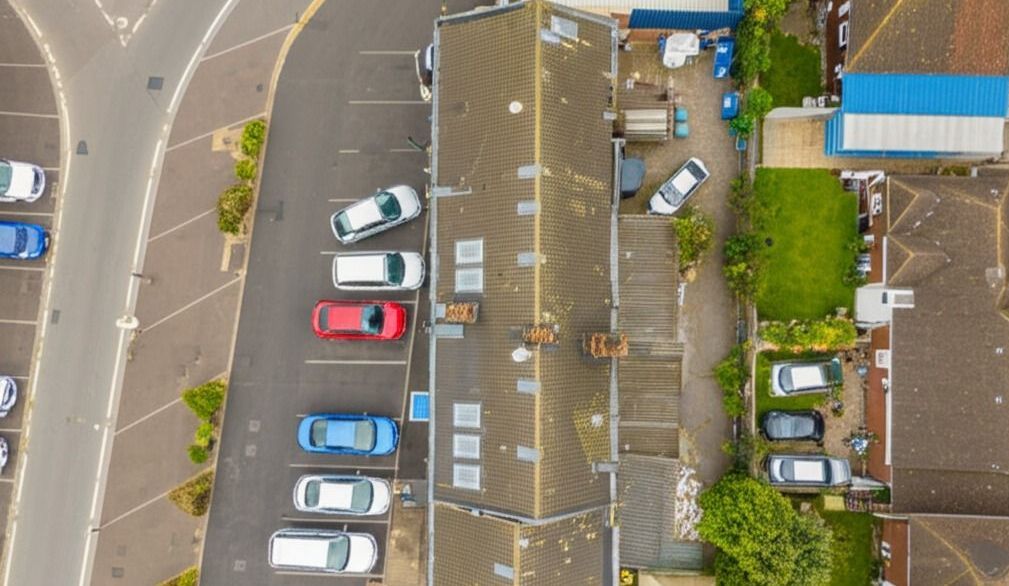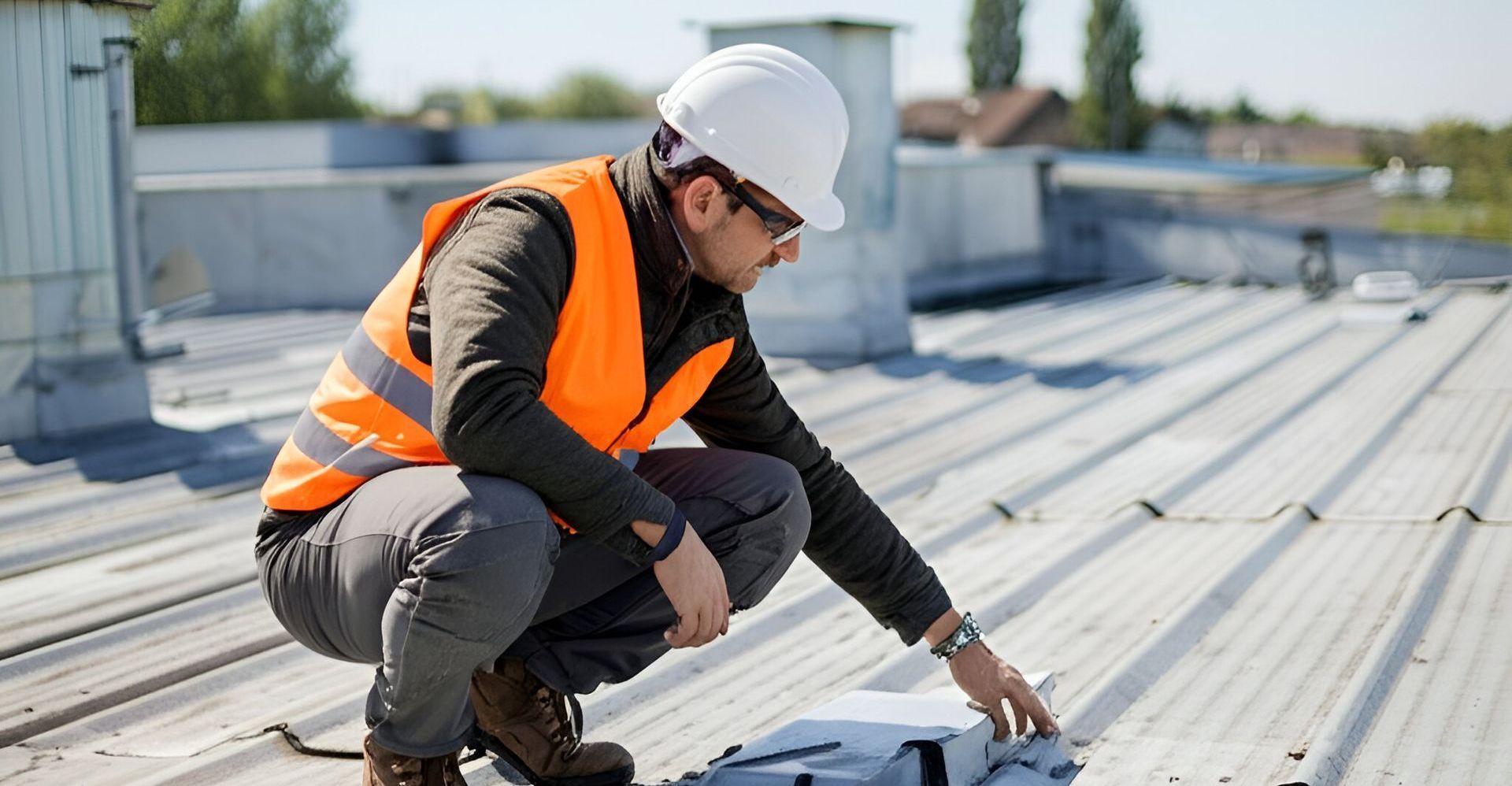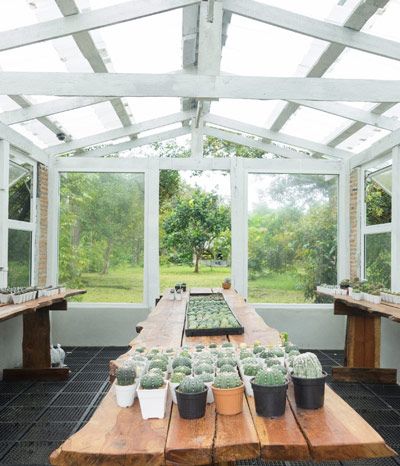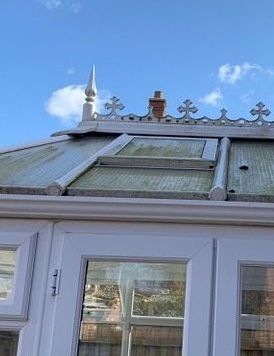Industrial Roof Cleaning: Essential Practices for UK Businesses
Protecting Your Assets Through Professional Maintenance
Industrial roof cleaning is a critical maintenance task for businesses across the UK. With the country's damp climate creating ideal conditions for biological growth, regular cleaning not only preserves your building's structural integrity but also ensures compliance with health and safety regulations.
Why Regular Roof Cleaning Matters
The UK's high humidity and frequent rainfall create perfect conditions for moss, algae, and lichen to thrive on industrial roofs. During winter, the freeze-thaw cycle can worsen damage by expanding moisture within roof structures, potentially causing cracks and displacement of materials.
For industrial facilities, the problem is often compounded by:
- Airborne pollutants and chemical residues
- Organic matter accumulation
- Manufacturing by-products (such as grease or particulate matter)
- Left untreated, these issues can:
- Compromise structural load-bearing capacity
- Accelerate corrosion, especially on metal roofs
- Increase long-term repair costs
- Reduce energy efficiency
- Create health and safety hazards
Modern Cleaning Methodologies
Softwashing
This technique has gained significant popularity as an effective, low-pressure alternative to traditional methods. By applying specialised cleaning agents via extendable poles, softwashing eliminates organic growth at the root level without damaging delicate roofing materials.
Benefits include:
- 30-50% longer-lasting results compared to high-pressure methods
- Safe for delicate materials including slate and asbestos
- Deeper penetration into substrate layers
- Lower energy consumption
Pressure and Steam Cleaning
High-pressure washing remains viable for robust surfaces such as concrete or certain metals. It effectively removes stubborn grime and industrial residues, though requires expertise to avoid damaging roofing materials.
Steam cleaning offers an excellent middle ground by combining high-temperature vapor with low pressure, effectively sanitizing surfaces while minimising water usage.
Preventative Treatments
Post-cleaning applications have become increasingly important for extending maintenance intervals:
- Hydrophobic coatings repel water and reduce algae recurrence
- Silicone-based sealants protect against UV radiation
- Moss inhibitors prevent regrowth
- Customized chemical protocols for specific industry requirements
Regulatory Considerations
Construction Industry Scheme (CIS) Implications
Understanding CIS regulations is essential for businesses commissioning roof cleaning. Under these rules:
- Internal cleaning during construction or renovation falls within the scheme's scope
- External cleaning—unless part of repair work—is typically excluded
- Cleaning gutters during site clearance qualifies as CIS-liable
- Routine external maintenance generally does not
Health and Safety Requirements
The Health and Safety Executive (HSE) mandates strict protocols for roof access, particularly for heights exceeding three metres. Professional services prioritise safety through:
- Proper scaffolding and harness systems
- Ground-based techniques using water-fed poles where possible
- Appropriate waste disposal procedures
- Licensed handling of contaminated runoff, especially for asbestos-containing roofs
Material-Specific Considerations
Different roofing materials require specialised approaches:
- Asbestos Roofs: Require HSE-licensed contractors who wet surfaces and avoid abrasive methods that could release harmful fibres.
- Metal Roofs: Need pH-neutral cleaners to prevent corrosion, with particular attention to treating and preventing rust formation.
- Green Roofs: Demand non-toxic treatments that preserve vegetation and drainage systems.
Environmental Innovations
The industry is increasingly embracing sustainable practices:
- Biodegradable cleaning chemicals
- Water reclamation systems
- Drone-assisted inspections for more efficient diagnostics
- AI-powered contamination mapping to streamline cleaning processes
Regional Considerations: East of England
For businesses in Norfolk, Suffolk, Essex, Bedfordshire, Lincolnshire, Cambridgeshire, and Northamptonshire, local climate conditions present specific challenges:
- Coastal areas experience higher salt content in the air, accelerating metal corrosion
- Agricultural regions may see increased organic material accumulation
- Industrial zones contend with specific airborne contaminants
- Historical buildings require particularly sensitive cleaning approaches
Choosing the Right Service Provider
When selecting a professional roof cleaning service, consider:
- IPAF certification for height access
- Environmental credentials and sustainable practices
- Experience with your specific roofing material
- Comprehensive insurance coverage
- References from similar industrial clients
- Detailed method statements and risk assessments
Investing in professional industrial roof cleaning is not merely a cosmetic consideration but a crucial aspect of building maintenance that protects your asset's value and longevity. By understanding the specific challenges of the UK climate and selecting appropriate cleaning methodologies, businesses can ensure their roofing infrastructure remains sound while meeting all regulatory requirements.
Regular maintenance schedules and preventative treatments can significantly reduce long-term costs and extend the life of your industrial roof, making professional cleaning a worthwhile investment for any commercial property owner.
